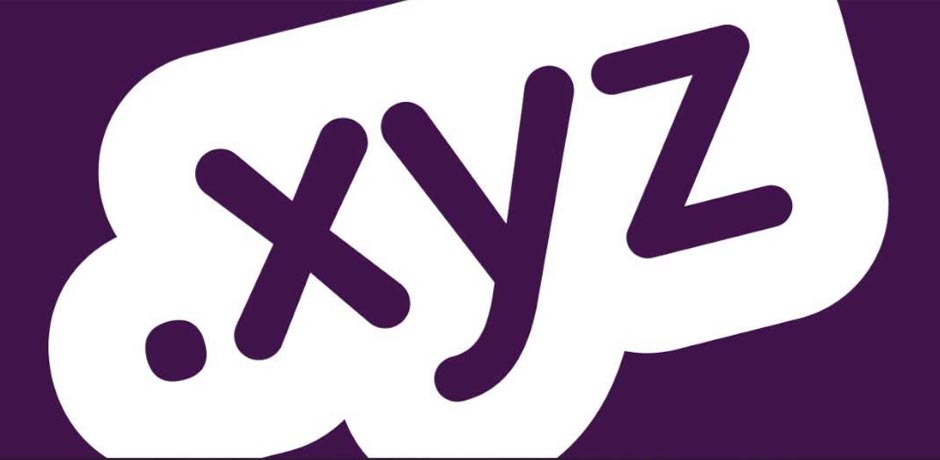Several days ago I posted an article – “ICANN is Missing in Action on .XYZ” – expressing my personal views regarding Network Solutions’ involuntary opt-out registration of .XYZ domains for its existing customers. It was posted, as many of my opinion pieces are, at both the website of the Internet Commerce Association, which I have served as Counsel since its founding in 2006, and at CircleID.com; the two websites attract different audiences. The article was not requested by the ICA and does not represent any official policy of the ICA in regard to such involuntary domain registrations. The ICA has not yet adopted any position on this practice.
The article questioned whether this opt-out practice violated registrant rights and was in compliance with the Registrar Accreditation Agreement (RAA) that all registrars enter into with ICANN. A particular concern was that, unless ICANN stepped in, this practice could spread to other new gTLDs, adversely affecting registrants while undermining the integrity of the new gTLD program and raising additional questions about ICANN’s contractual compliance enforcement.
Toward the end of the article I referred to a 2011 Lanham Act litigation filed by Facebook against the CEO of the .XYZ registry, Daniel Negari, and another company he headed, Cyber2media. I noted that the case had been dismissed, and stated “Of course allegations are not proof of guilt”. I also tried to give even-handed treatment earlier in the article on the question of whether .XYZ had entered into any arrangement with Network Solutions in regard to the opt-out program by reprinting the relevant text of an interview he had engaged in on that question.
I now regard my referencing of the Lanham Act litigation as a mistake in judgment.
First, it was extraneous to the main focus of the article and has generated some unintended controversy that has diluted focus on the important policy question of whether opt-out domain registrations are an ethical practice consistent with RAA provisions that protect registrants and, if not, what ICANN should be doing in reaction.
More importantly, it appears to have created the misimpression that I believe that the award of the .XYZ registry contract to Mr. Negari and his registry enterprise was questionable. I am not aware of any facts that would lead me to such a conclusion and to the extent that my unartful words may have created such an incorrect impression I offer my sincere apology to him, his colleagues and his enterprise.
That section of the article also stated that it “would be useful to know” whether the application for .XYZ had disclosed the litigation. I have since learned through a third party that it was disclosed and considered by ICANN. Such information is redacted and not made part of the publicly available portion of any gTLD application.
There also seems to be a misperception that I may have been advocating amendment of the gTLD program Applicant Guidebook to create review of dismissed or settled trademark legal actions. In fact such a provision is already part of the program’s Evaluation Questions Criteria (see http://newgtlds.icann.org/en/applicants/agb/evaluation-questions-criteria-04jun12-en.pdf).
At Section 11(g) of the Applicant Background portion of that document this Question appears:
(g) Disclose whether the applicant or any of the individuals named above has been involved in any administrative or other legal proceeding in which allegations of intellectual property infringement relating to registration or use of a domain name have been made. Provide an explanation related to each such instance. (Emphasis added)
This Note appears next to that Question:
ICANN may deny an otherwise qualified application based on the background screening process. See section 1.2.1 of the guidebook for details.
That provision is the very reason why a dismissed Lanham Act lawsuit would need to be disclosed by a gTLD applicant. It is in addition to preceding Section 11(f), the inflexible “three strikes” UDRP/ACPA disqualification clause against which I lobbied at considerable length; while that effort was unsuccessful, a similar disqualifier was added for those cited for repeated Reverse Domain Name Hijacking. ICANN has stated that it intends to conduct a thorough review of all provisions of the Applicant Guidebook prior to any second round of new gTLDs, and that will provide an opportunity to revisit all these provisions.
I hope that this clarification facilitates a return to consideration of the opt-out registration issue and an appropriate ICANN response. I wish Mr. Negari and his marketing team well in their efforts to promote affirmative domain registrations in the .XYZ registry.

